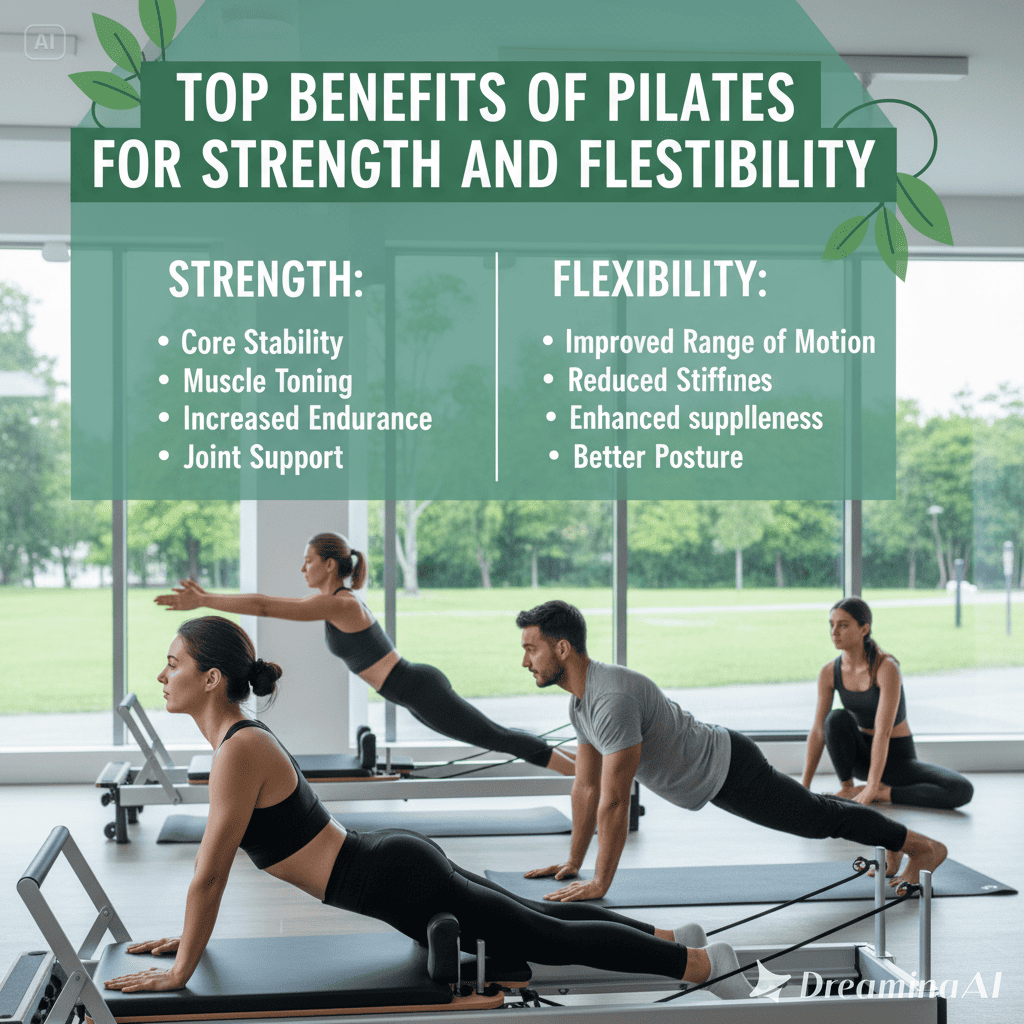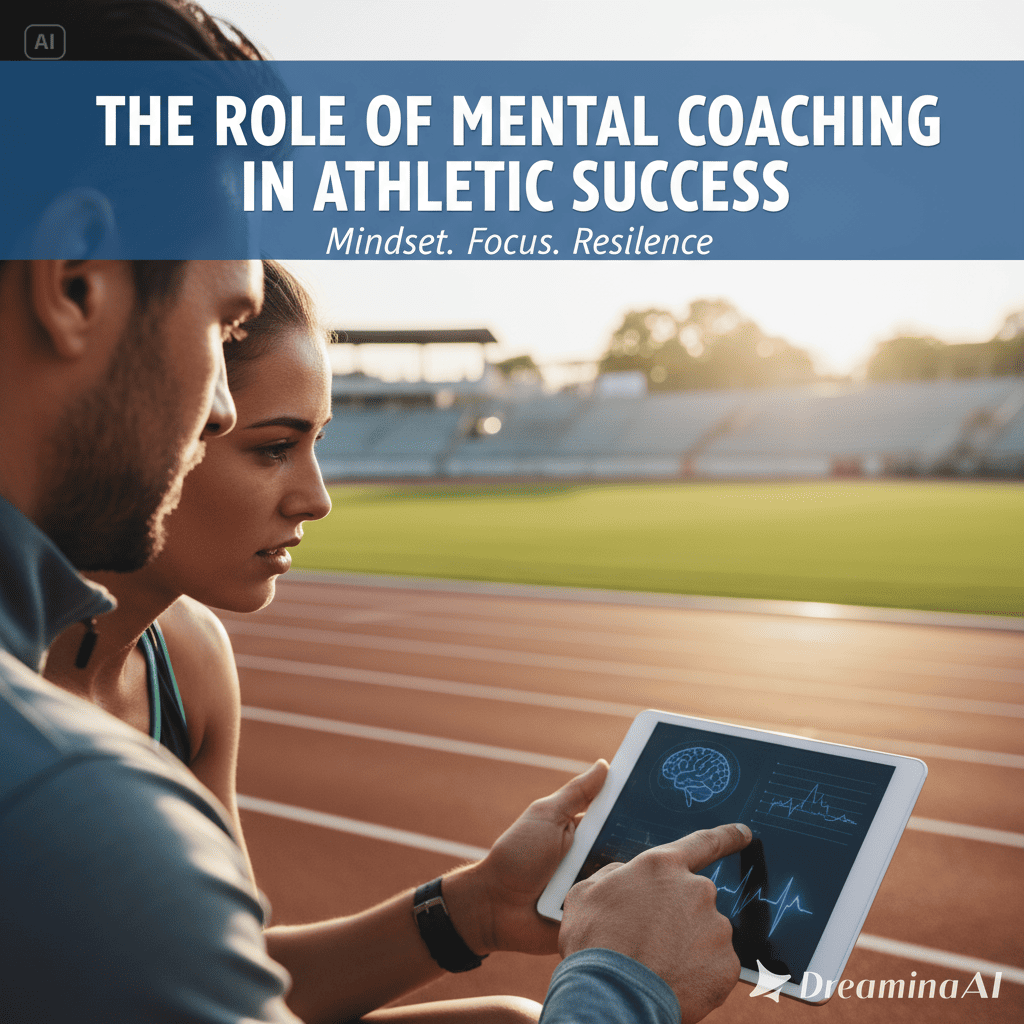Nutrition plays a critical role in fueling an active lifestyle. Whether you’re a professional athlete, a gym enthusiast, or simply someone who enjoys jogging after work, what you eat directly impacts your performance, energy levels, and recovery.
This article will guide you through practical sports nutrition tips designed to support active lifestyles, ensuring you stay energized, recover faster, and perform at your best.
1. Balance Macronutrients Properly
A well-balanced diet is the foundation of sports nutrition.
- Carbohydrates → Primary source of energy. Whole grains, fruits, and vegetables should make up the majority of your daily intake.
- Proteins → Essential for muscle repair and recovery. Good sources include lean meats, fish, eggs, tofu, and legumes.
- Fats → Healthy fats like avocados, nuts, seeds, and olive oil support hormone production and long-term energy.
📌 Rule of thumb: active individuals often thrive on a 45–65% carbs, 15–25% protein, 20–35% fat ratio.
2. Stay Hydrated
Dehydration can drastically reduce performance.
- Before exercise: Drink 400–600 ml of water 2 hours before.
- During exercise: Aim for 150–250 ml every 20 minutes.
- After exercise: Replenish lost fluids with water or electrolyte-rich drinks.
💡 For endurance sports, consider beverages with sodium and potassium to replace minerals lost in sweat.
3. Time Your Meals and Snacks
Nutrient timing helps maximize energy and recovery.
- Pre-workout (1–3 hours before): Eat a balanced meal with carbs and moderate protein (e.g., oatmeal with banana and peanut butter).
- During long workouts (>90 minutes): Small carb-rich snacks (energy gels, dried fruit).
- Post-workout (within 30–60 minutes): Combine protein + carbs for recovery (e.g., chicken sandwich, protein smoothie with fruit).
4. Don’t Skip Micronutrients
Vitamins and minerals are just as important as macros.
- Iron → Supports oxygen transport; found in lean red meat, spinach, beans.
- Calcium & Vitamin D → Maintain strong bones; from dairy, fortified foods, or sunlight.
- Magnesium → Aids muscle function and recovery; found in nuts, seeds, and leafy greens.
- B Vitamins → Boost energy metabolism; from whole grains, eggs, and dairy.
5. Use Supplements Wisely
Supplements can complement, but not replace, a healthy diet.
- Protein powders (whey, casein, plant-based) help meet protein needs.
- Creatine improves high-intensity performance.
- Electrolyte powders help hydration during endurance events.
- Omega-3s reduce inflammation and support recovery.
📌 Always consult with a professional before starting supplements.
6. Fuel According to Activity Type
- Strength training: Prioritize protein for muscle building.
- Endurance sports (running, cycling): Focus on carb loading and steady hydration.
- High-intensity workouts (HIIT, CrossFit): Quick-digesting carbs pre- and post-workout are key.
7. Listen to Your Body
No single diet works for everyone. Pay attention to energy levels, recovery speed, and overall well-being. Adjust portions, timing, and food choices accordingly.
Conclusion
Sports nutrition is not just for elite athletes—it’s essential for anyone leading an active lifestyle. By balancing macronutrients, staying hydrated, timing your meals, and prioritizing recovery, you can maximize your performance both in daily life and in sports.
👉 Remember: a consistent, balanced approach to nutrition is the ultimate secret to fueling your active lifestyle.
Related Articles :














